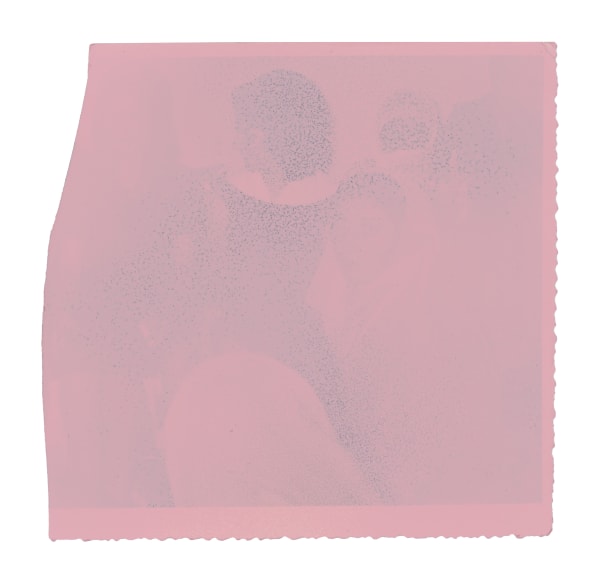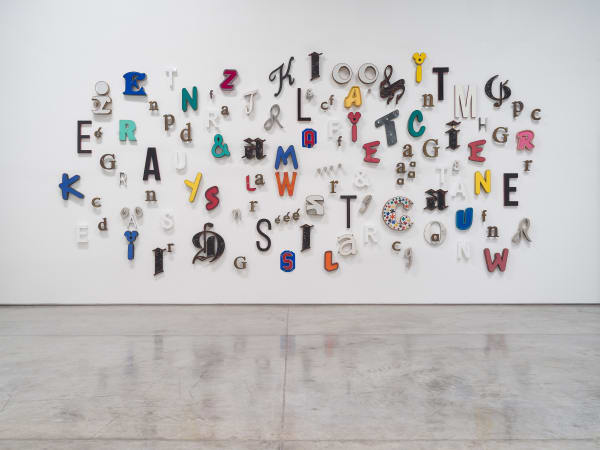-
-
-
-
-
 Raed Yassin, The Company of Silver Spectres, 2021
Raed Yassin, The Company of Silver Spectres, 2021 -
 Raed Yassin, The Company of Silver Spectres, 2021
Raed Yassin, The Company of Silver Spectres, 2021 -
 Raed Yassin, The Company of Silver Spectres, 2021
Raed Yassin, The Company of Silver Spectres, 2021 -
 Raed Yassin, The Company of Silver Spectres, 2021
Raed Yassin, The Company of Silver Spectres, 2021 -
 Raed Yassin, The Company of Silver Spectres, 2021
Raed Yassin, The Company of Silver Spectres, 2021 -
 Raed Yassin, The Company of Silver Spectres, 2021
Raed Yassin, The Company of Silver Spectres, 2021 -
 Raed Yassin, The Company of Silver Spectres, 2021
Raed Yassin, The Company of Silver Spectres, 2021 -
 Raed Yassin, The Company of Silver Spectres, 2021
Raed Yassin, The Company of Silver Spectres, 2021 -
 Raed Yassin, The Company of Silver Spectres, 2021
Raed Yassin, The Company of Silver Spectres, 2021 -
 Raed Yassin, The Company of Silver Spectres, 2021
Raed Yassin, The Company of Silver Spectres, 2021 -
 Raed Yassin, The Company of Silver Spectres, 2021
Raed Yassin, The Company of Silver Spectres, 2021 -
 Raed Yassin, The Company of Silver Spectres, 2021
Raed Yassin, The Company of Silver Spectres, 2021 -
 Raed Yassin, The Company of Silver Spectres, 2021
Raed Yassin, The Company of Silver Spectres, 2021 -
 Raed Yassin, The Company of Silver Spectres, 2021
Raed Yassin, The Company of Silver Spectres, 2021 -
 Raed Yassin, The Company of Silver Spectres, 2021
Raed Yassin, The Company of Silver Spectres, 2021
-
-
-
-
-
-
ABOUT THE ARTIST
Raed Yassin (born 1979, Beirut) currently lives between Berlin and Beirut. He graduated from the Theatre Department of the Institute of Fine Arts in Beirut in 2003, and in 2015, he was awarded a research fellowship at the Akademie der Künste der Welt in Cologne. An artist and musician, Yassin's work often originates from an examination of his personal narratives and their position within a collective history, through the lens of consumer culture and mass production. As a musician, he is one of the organizers of the Irtijal Festival for Experimental Music (Beirut), and has released several solo music albums, as well as part of groups such as “A” Trio and PRAED. In 2009, he founded his independent music label Annihaya. Raed currently lives between Berlin and Beirut.
He has exhibited and performed in numerous museums, festivals and venues, including his current first seminal exhibition at the Beirut Art Center (2024); Taipei Biennial (2023); Lyon Biennial (2022); Witte de With Center for Contemporary Art, Rotterdam (2020); Sursock Museum, Beirut (2019); the Solomon R. Guggenheim Museum, New York (2016); Stedelijk Museum, Amsterdam (2014); Kunsthalle Wien (2015); Institute of Contemporary Arts (ICA) London (2014); Gwangju Museum of Art (2014); Castello di Rivoli, Turin (2014); Mori Art Museum, Tokyo (2012); New Museum, New York (2012); Centre Georges Pompidou, Paris (2011); and Delfina Foundation, London (residency 2014 & 2010 - 2011), amongst many.
Yassin is also a recipient of the AFAC grant for production (2019 & 2010), Sharjah Art Foundation Project Fund (2014), Abraaj Group Art Prize (2012), Fidus Prize (2009), YATF grant for production (2008 & 2012) and the Cultural Resource grant for production (2008).






















